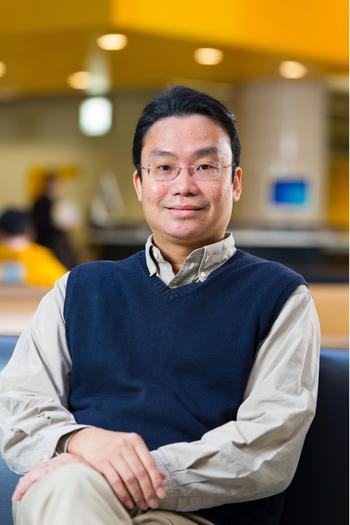Dr. Wing Chung Ho

Fellow in the project "Social Worlds: China's Cities as Spaces of Worldmaking" (June - July 2023)
Short Biography
Wing Chung HO is an associate professor of sociology at City University of Hong Kong and holds a PhD in anthropology from SOAS, University of London. He has published broadly on community studies and social problems in relation to subordinate people in Hong Kong and Chinese societies. His academic articles appear in The China Quarterly, Journal of Contemporary Ethnography, Journal of Contemporary Asia, Modern Asian Studies, Journal of Social HistoryandThe Asia Pacific Journal of Anthropology. He teaches mainly on social research issues and methods.
Project
Spatializing China’s Zero-tolerance Policy in Hong Kong and Macau: Governance in-between National Sovereignty and City AgencyThe COVID-19 pandemic has brought new challenges in urban space governance due to restrictions on the use of public space and physical distancing, mandatory quarantine, and the wide use of phone apps tracking virus exposure and transmission. This challenge is particularly stark in China in which national leader Xi Jinping rigidly adopts a “zero-tolerance” approach to protect public health, rather than the “co-existence” approach which has been the mainstream global practice since the beginning of 2022. In China, the lockdowns of urban communities, and even megacities (e.g., Shanghai) have indeed re-ignited the fault lines commonly discussed in Chinese governance studies between Beijing’s hierarchical control and a city’s political agency. This study re-examines these urban space governance fault lines in China’s two Special Administrative Regions (SARs) – Hong Kong and Macau – in response to the COVID-19 outbreak.
This study aims to investigate the implementation of spatial governance practices in Hong Kong and Macau in dealing with the COVID-19 pandemic during 2022 when the debate on the appropriateness of the national “zero-tolerance” and global “co-existence” approach became deeply controversial. Empirical emphases will be placed on how COVID-19 measures – mainly, tracking virus spread, imposing spatial restrictions, and preventing future infections – have interrupted normal social networks, led to specific communication flows, and featured new power relations in the two cities. The findings will shed light on how social worlds are created and transformed (very likely, marginalized from the perspectives of many impacted groups in Hong Kong and Macau) in China’s two SARs in the era of post-globalization when signs of economic decoupling between China and the US (or, simply, the Western world) have become increasingly visible.
